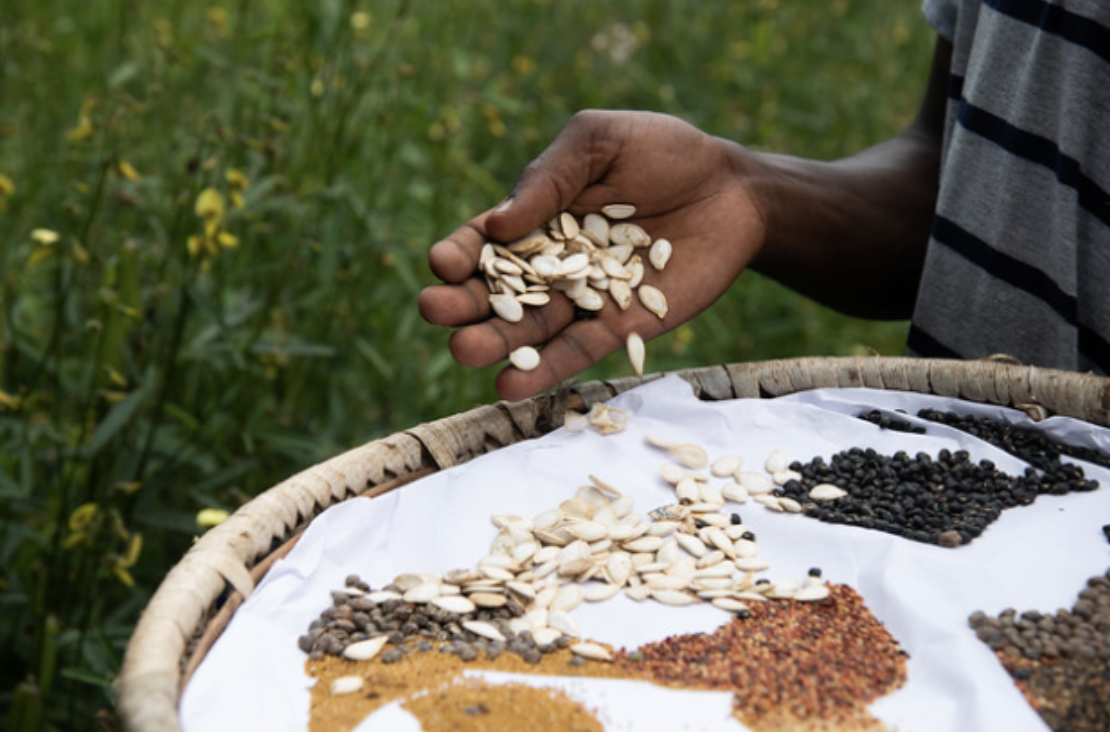UN finds France violated rights of Syrian child refugees
Migrants queue for a free meal distributed by the Adventist Development and Relief Agency International (ADRA) humanitarian agency on a street near Stalingrad metro station in Paris on October 28, 2016. (Source: Reuters)
The United Nations Child Rights Committee (CRC) issued a statement on February 24 that found the French government responsible for human rights violations against Syrian refugee children in repatriation camps. The findings were a result of three cases filed by French nationals whose grandchildren, nieces, and nephews were among 49 children held in prolonged detention at three separate camps. The CRC report emphasized that France must take “additional measures to mitigate the risks to life, survival and development of the child victims while they remain in North East Syria.”
All 49 of the children, of which 11 have been repatriated and returned to their families since the case was filed in 2019, are alleged to have been children of Syrians and French nationals who were members of the Islamic State. In these French-controlled camps, it is estimated that at least 62 children had died. The accusations of abuse, including “inhuman sanitary conditions, lacking basic necessities including water, food and health care, and facing an imminent risk of death,” come at a time where many asylum seekers face momentous challenges in immigrating to and living within France.
Last November, 27 migrants from the Middle East and North Africa died in a mass drowning off the coast of Northern France, near the city of Calais. Britain and France had signed an agreement shortly before the tragedy to limit the passage of refugees by sea, but migrants continued to risk the dangerous journey across the English Channel and other European bodies of water. This incident was closely tied to the fact that the migrant refugee camp near the city of Calais had been shut down in 2016, with over 6,500 refugees still reeling from the lack of French support.
Marred by anti-immigrant sentiments and contentious internal politics, migrants and refugees within France continue to struggle as well. In 2019, the European Court of Human Rights condemned France because, despite commitments by French officials to welcome more refugees, “the Court found that the French authorities had failed to fulfill their obligations under domestic law.” The New Humanitarian reported in August 2021 that France’s refugees, which number over 337,000, are facing an extensive housing crisis due to deliberately parsimonious policy-making. The article claimed that French officials were intentionally underfunding promised housing for homeless refugees, most of whom originate from the Middle East, while encouraging police to crack down on migrants living on the streets and expel them from shelters. For what few options are available for these former residents of war-torn countries, many obstacles remain despite the French government’s commitments.
Though some have expressed concern about the security risks of welcoming these refugees, others argue that repatriating them is of greater necessity. French lawmaker Pierre Morel-À-L'Huissier released a public letter in 2021 condemning France’s repatriation delays. “If, because of our inertia, we continue to condone the guilty silence of the government,” the letter read, “then we will have been the lawmakers who let innocent children die.” Such political discourse will continue over safety, children’s and refugees’ rights, and national security.




